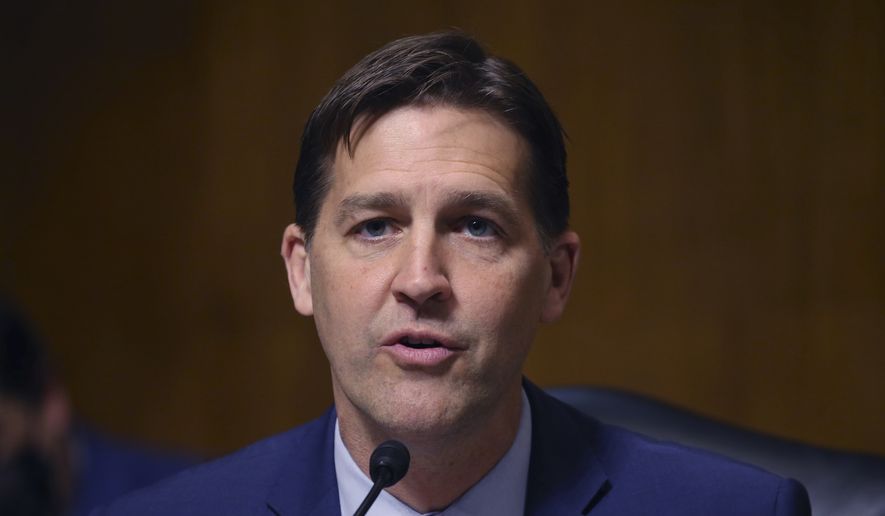A federal appeals court on Wednesday delivered a blow to the Consumer Financial Protection Bureau, ruling Congress ran afoul of the Constitution when it delegated its financial authority to an executive agency.
The CFPB gets funding directly from the Federal Reserve, not through Congress’ appropriations, which runs afoul of the separation of powers, a three-judge panel from the 5th U.S. Circuit Court of Appeals said.
The 39-page ruling invalidates the Payday Lending Rule, which became effective in 2018. It restricted lenders ability to provide consumers with loans unless they’ve determined they have the ability to repay them according to certain terms, and also restricted a lenders’ account access to repay loans.
The three-judge panel reasoned that Congress appropriates funds via the Appropriations Clause — but handed over that authority when it created the CFPB, giving the agency unchecked power.
“Congress ran afoul of the separation of powers embodied in the Appropriations Clause,” wrote Judge Cory T. Wilson, a Trump appointee, for the court.
The CFPB was created during the Obama administration and has been a target of conservatives for years.
In 2020, the Supreme Court ruled the CFPB’s structure outlined for removing the agency director also ran afoul of the Constitution, because at the time it did not allow a president to remove the agency head without cause.
Sen. Ben Sasse, Nebraska Republican, hailed the 5th U.S. Circuit Court of Appeals’ ruling as a victory for lawmakers.
“This is a win for the basic proposition that laws ought to be written by people who can be hired and fired on Election Day. This decision is simple: The CFPB’s funding structure created a fourth branch of government that’s not accountable to Congress. That’s just not how self-government works. This straightforward decision is a win for the rule of law,” he said.
Wednesday’s decision stands in contrast with other federal appeals courts that have upheld the CFPB’s arrangement.
Those other courts had said other federal agencies, such as the Federal Reserve and the Federal Housing Finance Agency, also have budget autonomy.
But the 5th Circuit said the CFPB is unique with its budget authority “double-insulated” from Congress. And the regulatory power wielded by the CFPB is far greater than the other agencies, Judge Wilson wrote.
“The Bureau’s funding apparatus cannot be reconciled with the Appropriations Clause and the clause’s underpinning, the constitutional separation of powers,” the judge said.
The new ruling doesn’t strike down the agency, but did strike down the Payday Lending Rule the CFPB issued in 2017.
That policy was intended to go after what the bureau saw as predatory lending practices by payday lenders.
The 5th Circuit said that because that rule can be tied back to the CFPB’s unconstitutional funding structure, the rule must be vacated.
The CFPB was the brainchild of Sen. Elizabeth Warren, Massachusetts Democrat, who at the time was a Harvard University law professor.
It was intended to be shielded from political forces in order to give it the freedom to go after powerful financial interests.
Ms. Warren called the ruling “lawless.”
“This is a lawless and reckless decision. @CFPB has returned billions of dollars to Americans by doing its job, and its funding is clearly constitutional. Extreme right-wing judges are throwing into question every rule the CFPB enforces to protect consumers and businesses alike,” she wrote on Twitter.
The board’s power was vested in a single director who was insulated from firing by a president, save for cases of actual malfeasance. And it was given the autonomy to operate independently of Congress’ budgeting powers.
The Supreme Court has already ruled the insulated director structure to be unconstitutional, finding that a single director with so much regulatory power must be accountable to the president.
But the justices had not confronted the question of the bureau’s financial insulation.
• Stephen Dinan can be reached at sdinan@washingtontimes.com.
• Alex Swoyer can be reached at aswoyer@washingtontimes.com.




Please read our comment policy before commenting.